"Breaking Barriers: Women's Education Worldwide and in Pakistan"
The key to empowerment, a driver of personal development, and a doorway to social and economic advancement is education. This is more obvious than anywhere else in the world of women's education. In the last 50 years, there has been a striking improvement in the accessibility, value, and impact of education for women and girls around the world. The journey of women's education has been one of constant evolution and progress, from the burgeoning international movements for gender equality to the specific policy measures implemented in nations like Pakistan. We'll travel through time in this blog as we examine the development of women's education from the 1970s to 2023. We'll examine political movements, the effects of governmental actions, and the crucial role that education plays in Pakistani and global efforts to advance women. We'll also talk about ways to get around the ongoing obstacles women face in getting access to high-quality education. Join us as we recognise the successes, celebrate the challenges, and open the door to a more inclusive, brighter future for women.
Islamic Laws and Guidance on Women Education
Ahadith and Ayats: The Islamic Call to Knowledge
In Islam, seeking knowledge is a sacred obligation.
Hazrat Muhammad (PBUH) exhorted his followers, highlighting the value of knowledge for both men and women:
"Seeking knowledge is an obligation upon every Muslim,"
In Surah Al-Alaq (96:1-5) Allah Alimighty said:
"In the name of your Lord who created. He created man from a clinging substance. Read, and your Lord is the most Generous - Who taught by the pen - Taught man that which he knew not."
Islamic Perspective on Education's Role in Empowering Women
The accessibility, value, and significance of education for women and girls around the world have undergone a remarkable transformation over the past 50 years, a transformation that is profoundly in line with Islamic teachings. Islam, which emphasises that educated women are important contributors to the advancement of society, has always supported the empowerment of women through knowledge. The lives of the Prophet's wives, who were leaders, scholars, and educators, serve as an example of this.
 |
| Islamic Education and Womens |
Famous Educated Islamic Personalities
Malala Yosufzai:
Pakistani activist Malala is well-known for championing girls' education. In 2014, she received the Nobel Peace Prize in recognition of her selfless efforts to advance girls' education in Pakistan. She persisted in fighting for girls' education rights despite being a target of the Taliban.
Dr. Ameenah Gurib-Fakim:
The first female president of Mauritius and a renowned scientist, Dr. Gurib-Fakim is from that island nation. She has a Ph.D. in organic chemistry and has won numerous honours for her contributions to sustainable development and biodiversity.
 |
| Dr. Ameenah Gurib-Fakim |
Benazir Bhutto:
As Pakistan's prime minister, Benazir Bhutto was the first woman to hold that position in a nation with a majority of Muslims. Her education, which she received while attending Harvard and Oxford Universities, was essential to her political success.
 |
| Benazir Bhutto |
Sheikha Lubna Al Qasimi:
The first woman to hold a ministerial position in the United Arab Emirates is Sheikha Lubna of the UAE. She holds a computer science degree and has held a number of prominent positions in the government.
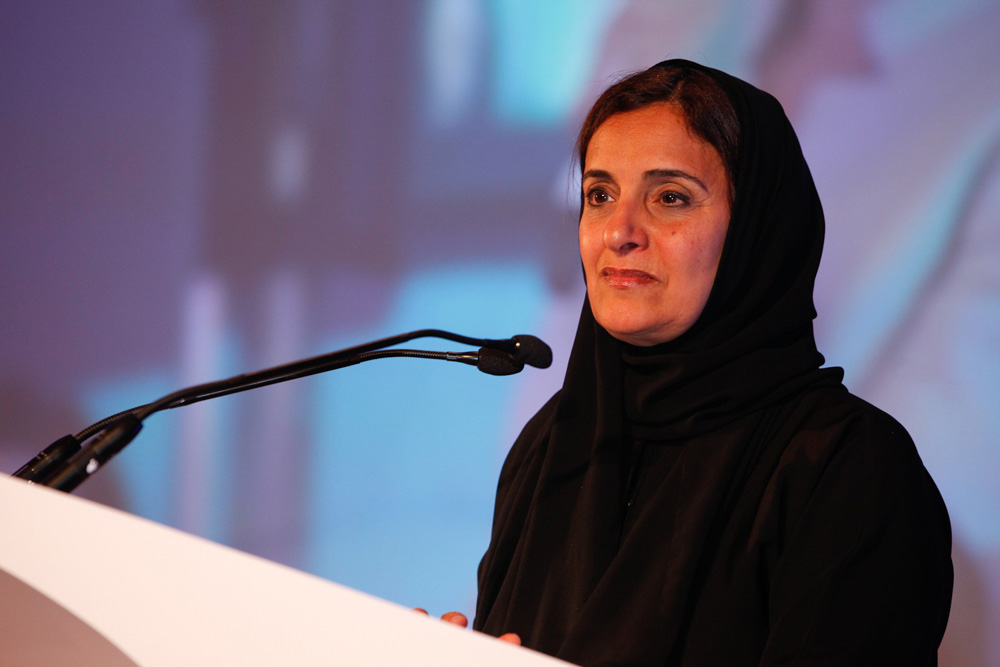 |
| Sheikha Lubna Al Qasimi |
Dr. Hayat Sindi:
Women's Education in History, 1970–2023
Political Movements:
The 1970s saw a significant upsurge in the women's rights movement, which had an impact on the perception of women's education. 1975's International Women's Year at the UN was a significant turning point. Global feminist and gender equality movements pushed for women's and girls' equal access to education. These movements increased public awareness of the link between women's educational advancement and societal advancement.
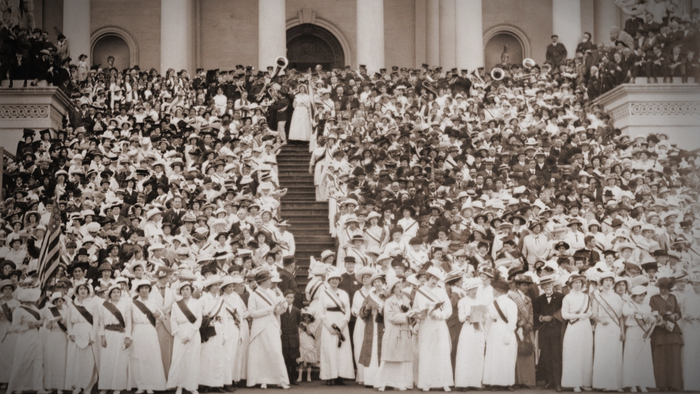 |
| Politcal Movemens for Women Education |
Governmental Policies and Their Impact:
Both national and international bodies have acknowledged the value of women's education. Women's rights and education were highlighted in initiatives like the Beijing Declaration and Platform for Action (1995) and the Convention on the Elimination of All Forms of Discrimination Against Women (CEDAW), which were both adopted in 1979. The policies that support gender equality in education were pushed for by these agreements.
These policies had significant effects. Scholarships, quotas, and affirmative action are just a few of the laws and initiatives that many nations have put in place to promote women's education. The National Education Policy in Pakistan from 2009 placed a strong emphasis on girls' education and gender mainstreaming. In order to increase the number of girls who attended school, the Benazir Income Support Programme was established in 2008 with the goal of empowering women through conditional cash transfers.
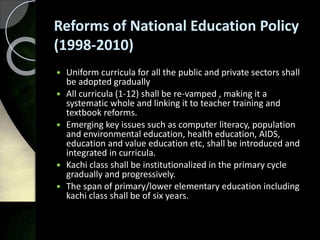 |
| Education Reforms of Pakistan |
Women's Education in Underdeveloped Villages and Communities (World and Pakistan)
Global Perspective:
Women's education has historically faced significant obstacles in poor communities and villages all over the world. Infrastructure issues, poverty, cultural norms, and restricted access to resources are a few of these difficulties. Global initiatives to close this gap have, however, gained traction. The Sustainable Development Goals (SDGs)' Education 2030 agenda aims to provide inclusive and equitable quality education for all, with a focus on girls' access to such education.
 |
| Future of Womens Education |
The Situation in Pakistan:
The Pakistani government has put in place a number of policies and initiatives aimed at promoting education in rural and underdeveloped areas. As previously mentioned, the Benazir Income Support Programme offers cash transfers to families in exchange for their sending their kids to school, tackling both poverty and education at once. The Prime Minister's Education Reform Programme also places a strong emphasis on female education while concentrating on enhancing rural and underdeveloped areas' infrastructure and educational standards.
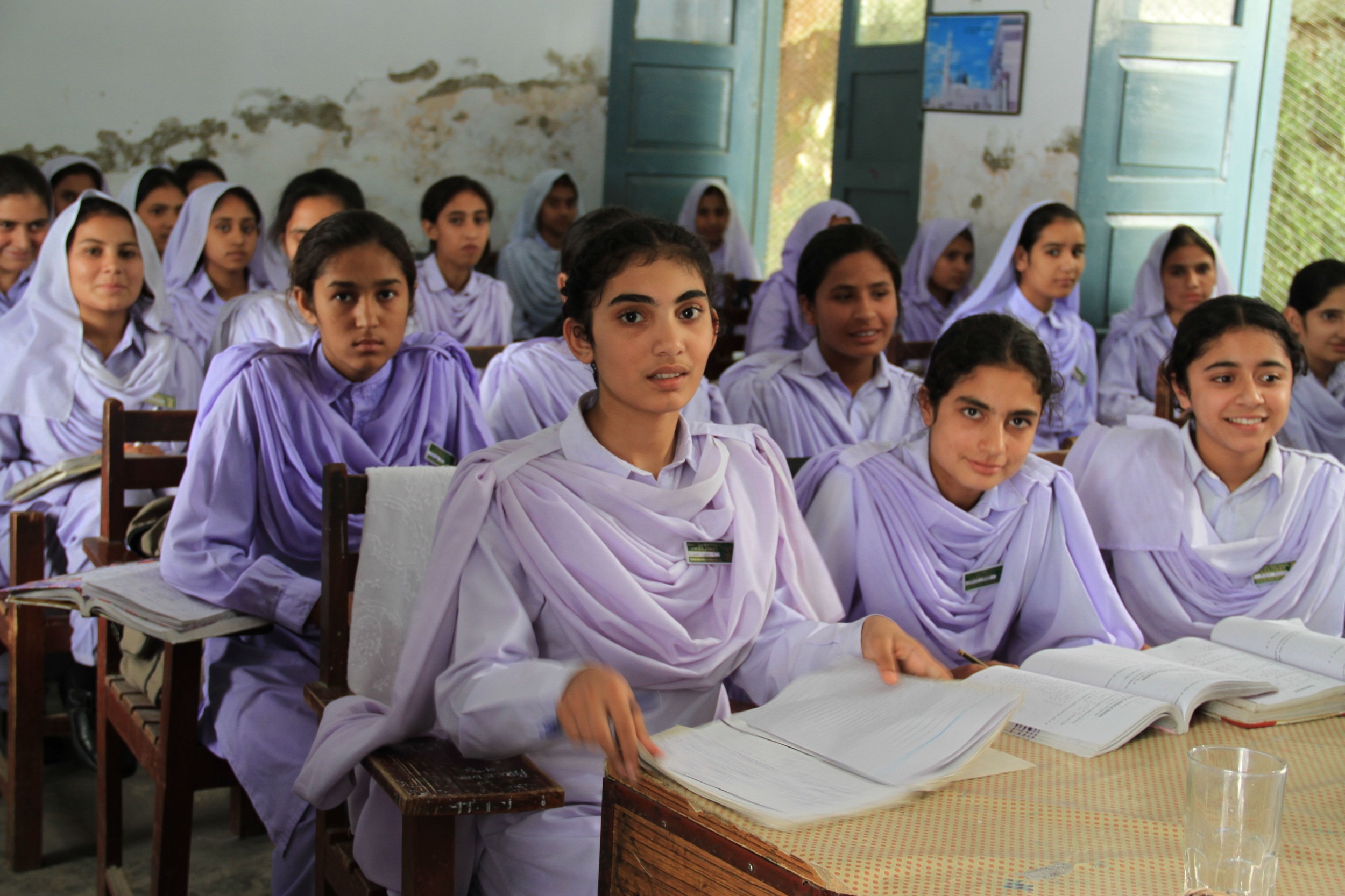 |
| Womens are future of Pakistan |
The Future of Education for Women in Pakistan and the World
Global Perspective:
The commitment of the international community to improving women's education is unwavering. The importance of gender equality in education is emphasised by the 2030 Agenda for Sustainable Development. Governments, NGOs, and international organisations are still working together to develop educational opportunities for girls all over the world.
Global initiatives are expected to advance gender equality in education in the future. Education for girls is increasingly seen as an investment in societal advancement, economic growth, and inequality reduction. With a growing focus on STEM education for girls and women, preparing them for leadership in a variety of fields, this trend is anticipated to continue.
 |
| Female Education perspective |
Future of Pakistan:
It is anticipated that government initiatives and collaborations with NGOs will continue to increase access to education for women in Pakistan. It is anticipated that more girls will have access to high-quality education as policies are further developed and put into practise, leading to higher literacy rates and better socioeconomic development. Reforms in education will be crucial, with a focus on raising the enrollment rates of women at all levels of education.
| Challenges of Women Education |
Interventions to Address Women's Education Gap
Women's Empowerment Through Career Development:
Vocational training and skill development programmes are essential in empowering women economically outside of the realm of formal education. These programmes can give women useful skills that will improve their employment prospects, especially in rural areas. This strategy promotes women's self-worth and economic independence while also fostering women's self-esteem.
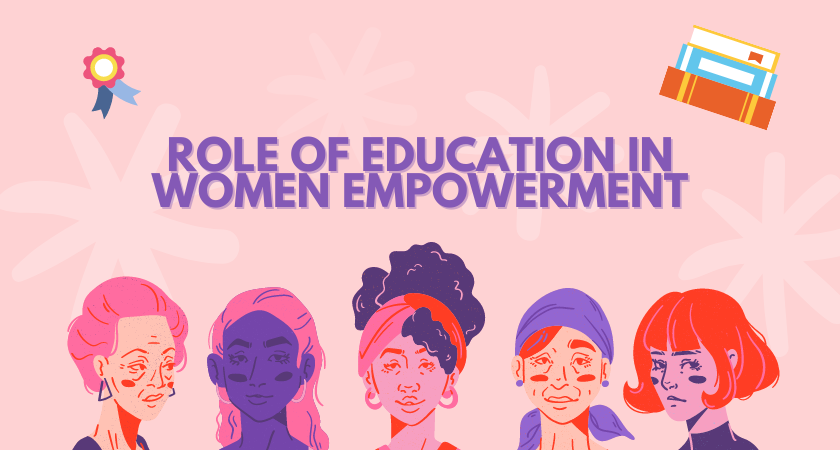 |
| Role of Education in women Empowerment |
Community Engagement and Awareness:
Cultural norms and societal beliefs are frequently at the core of gender inequalities in education. Community involvement and awareness raising campaigns are essential to addressing these issues. The significant societal, economic, and individual benefits of educating girls and women can be emphasised through initiatives that focus on families and communities. By dispelling myths and stereotypes, these programmes can encourage support for women's education.
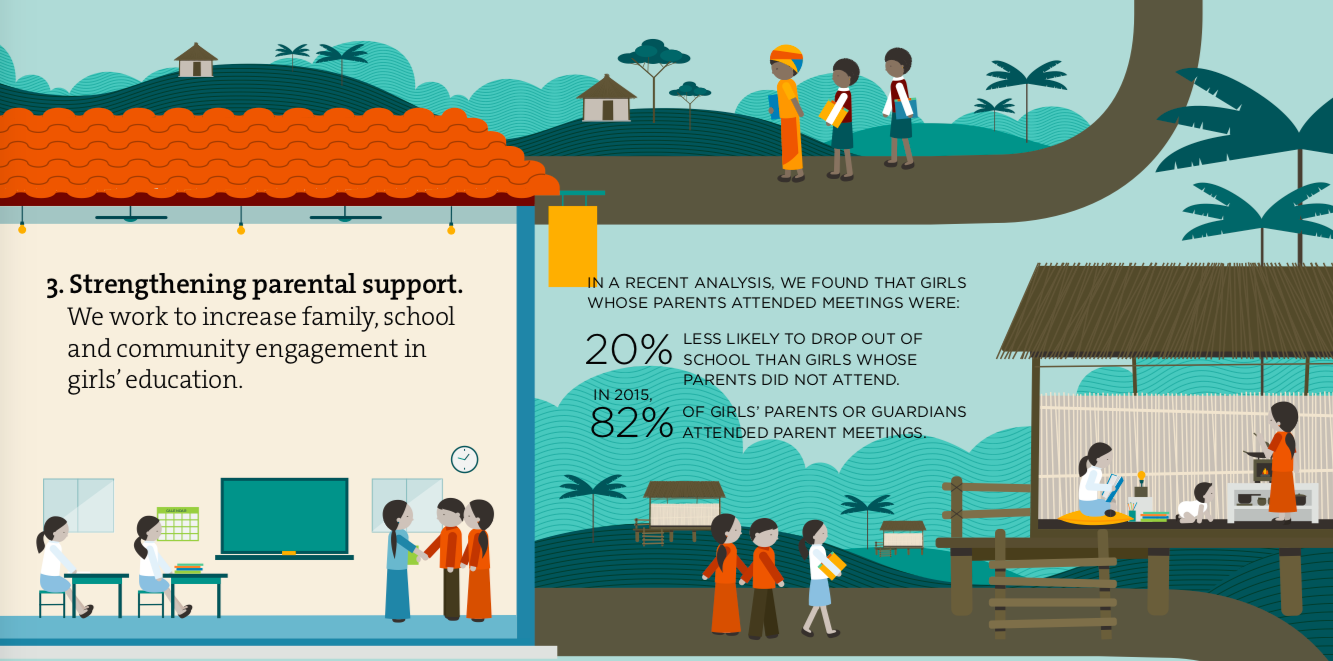 |
| Inventions for Girl Education |
Addressing Security Issues:
Addressing security issues is a top priority in areas where women's access to education is restricted. To increase safety and security, governmental entities, non-governmental organisations, and international actors must cooperate. This entails developing safe routes to and from schools, promoting the value of women's education, and working with local authorities to guarantee the security of female students.
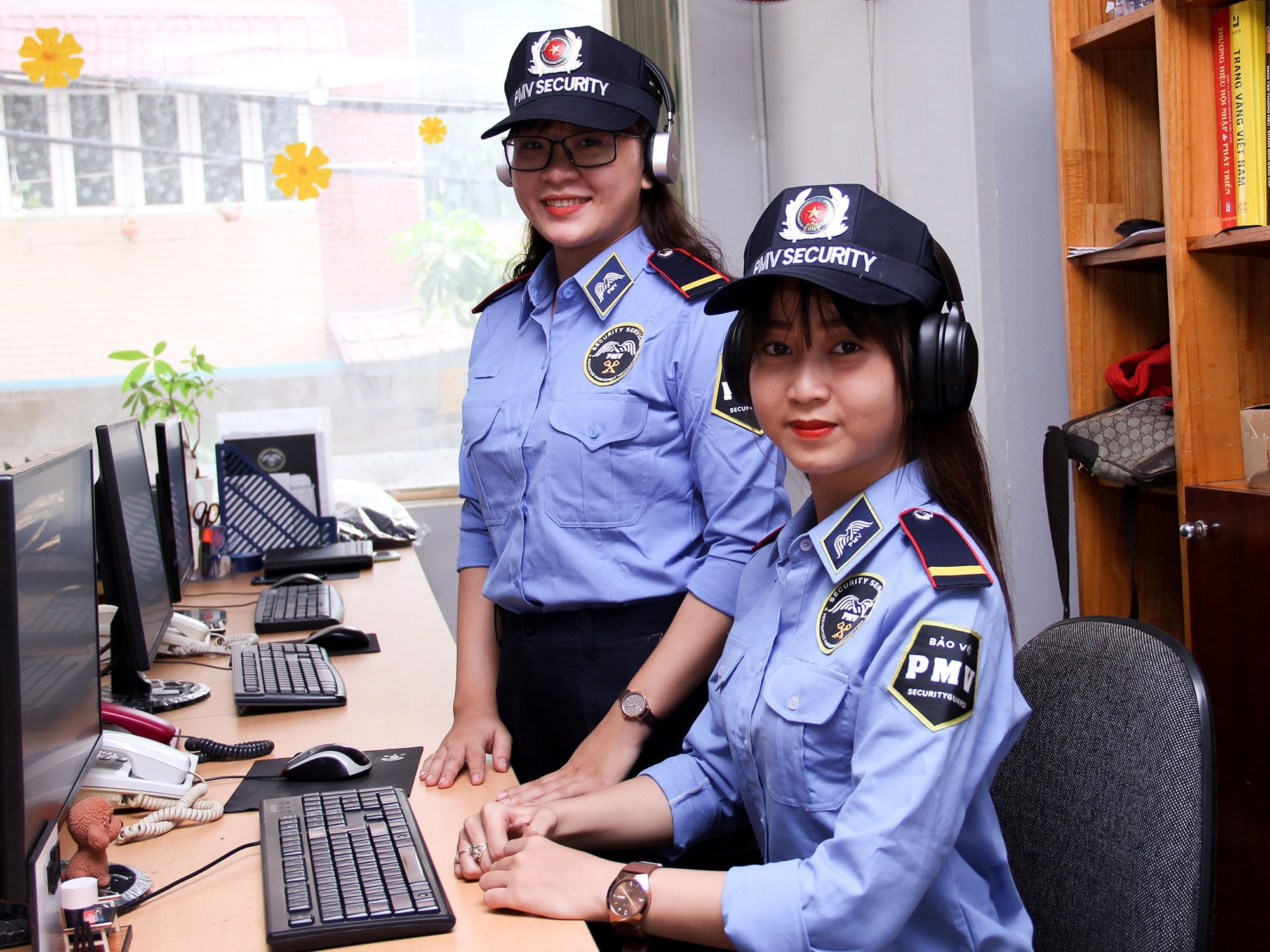 |
| Female security for womens |
Conclusion
In conclusion, political movements, governmental regulations, and international initiatives have all played a significant role in the history of women's education from the 1970s to the year 2023. With continued efforts to advance gender equality in education both internationally and in Pakistan, the future appears bright. Vocational training, community involvement, addressing security issues, and promoting role models are all crucial in removing barriers to women's education and achieving a more equitable and inclusive society. These countermeasures to address the lack of education among women.
 |
| My writing on Women Education |


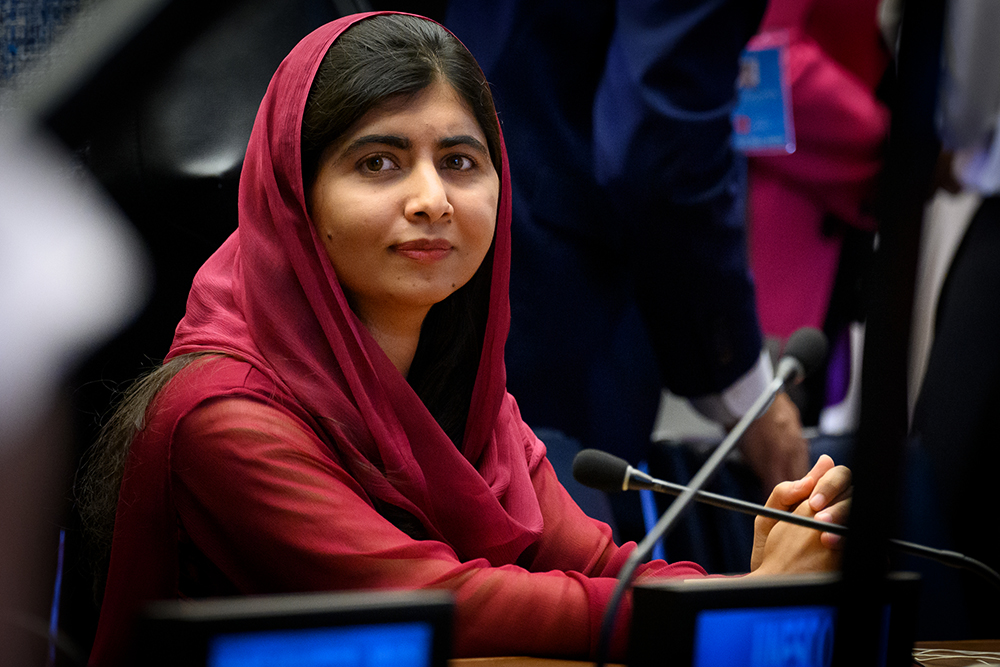


Comments
Post a Comment